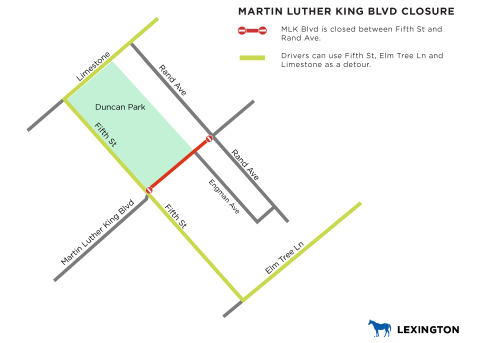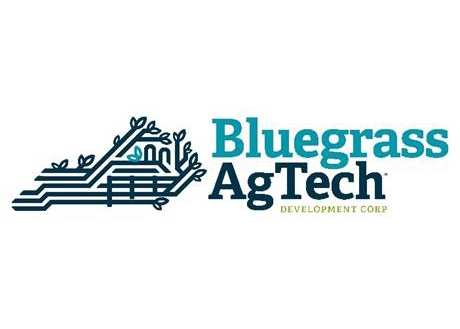
Mayor Linda Gorton is working to reboot and expand youth violence prevention programs and services, important work that has suffered under the restrictions of the pandemic.
“We have a very safe city, but the pandemic has shown us how quickly challenges can grow when programs and dedicated people cannot interact with our young people,” Gorton said. “Now that Coronavirus restrictions are easing, the city is ready to reactivate its outreach to youth through social services, and in parks and community centers. But more importantly, we are also preparing to do more.”
The Mayor has spent recent weeks discussing the next steps with law enforcement, schools, the University of Kentucky, neighborhood leaders, and the faith community.
“We are developing a plan to take a community-wide stand to prevent youth violence that includes programs and initiatives for youth and families, such as mentoring, mental health services, educational and job opportunities, and more,” Gorton said. “Our City is blessed with strong grassroots leaders who operate successful programs for youth in their neighborhoods and faith communities. They’re the experts. The City’s goal is to leverage these programs to build an intentional citywide effort.”
To learn more about what programs are available, the City is sending out an “RFI,” a “Request for Information,” looking for programs that focus on crime prevention, intervention and re-entry strategies. The city has asked for responses by April 26.
The new programs will dovetail with ongoing City efforts to protect youth, including:
- Connecting community-based programs to the Fayette-Regional Juvenile Detention Center to lead positive youth development programs.
- Creating the ONE Lexington Safety Net Initiative to work with individuals and families involved in violent crime.
- Establishing the ONE Lexington Hospital-based Violence Intervention Program with University of Kentucky HealthCare to work with gunshot wound victims, ages 12-26.
- Investing $100,000 in the creation of the Juvenile Treatment Court to connect mental health services to juveniles in need of treatment.
- Training First Responders to utilize the New Vista Crisis Outreach Team, a program with a fulltime staff of mental health professionals prepared to work with individuals experiencing mental health and substance use crises.
“We’ve taken many steps with positive results,” Gorton said. “But we know there’s still work to do. We’re taking this to the next level.”



